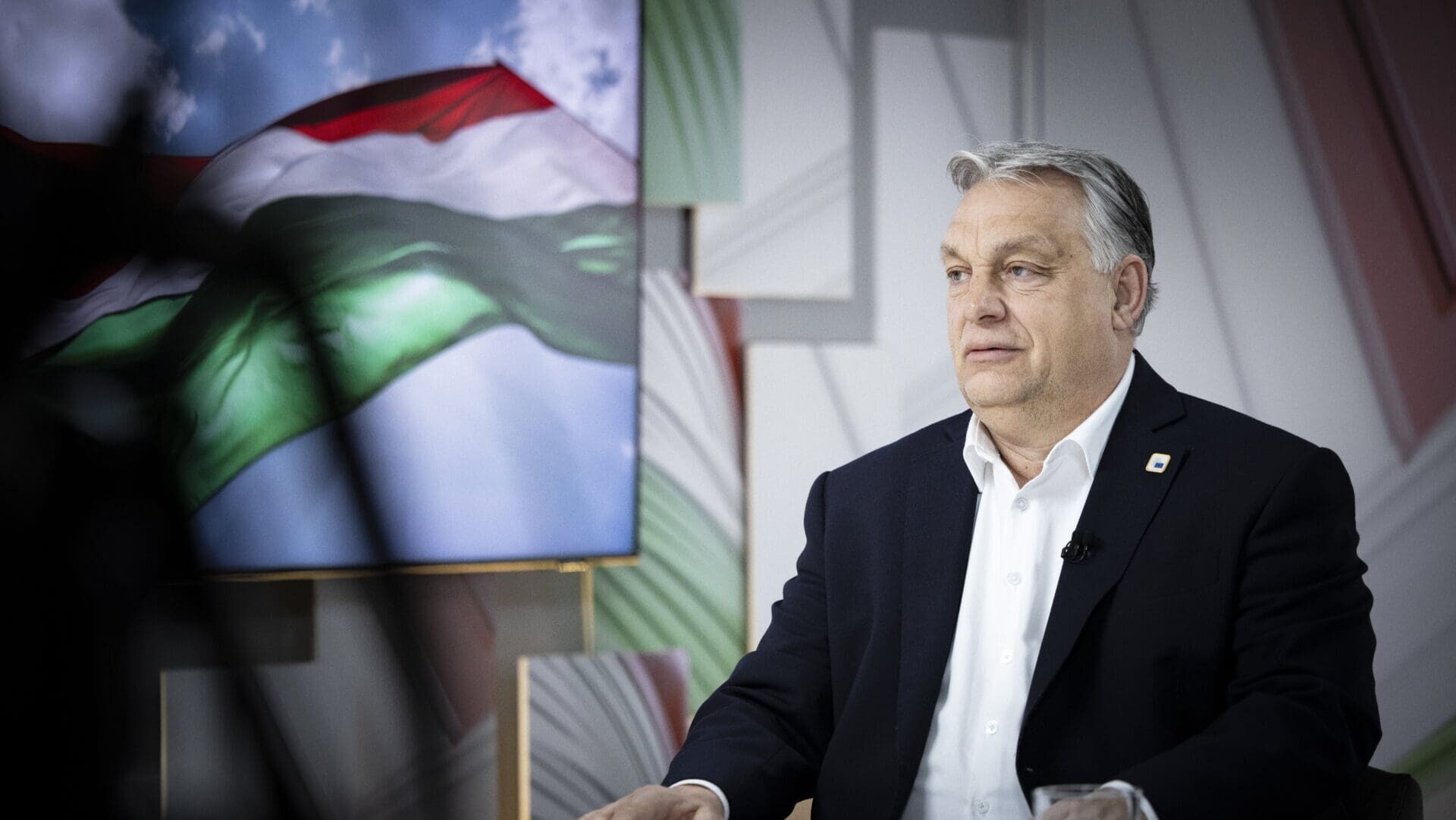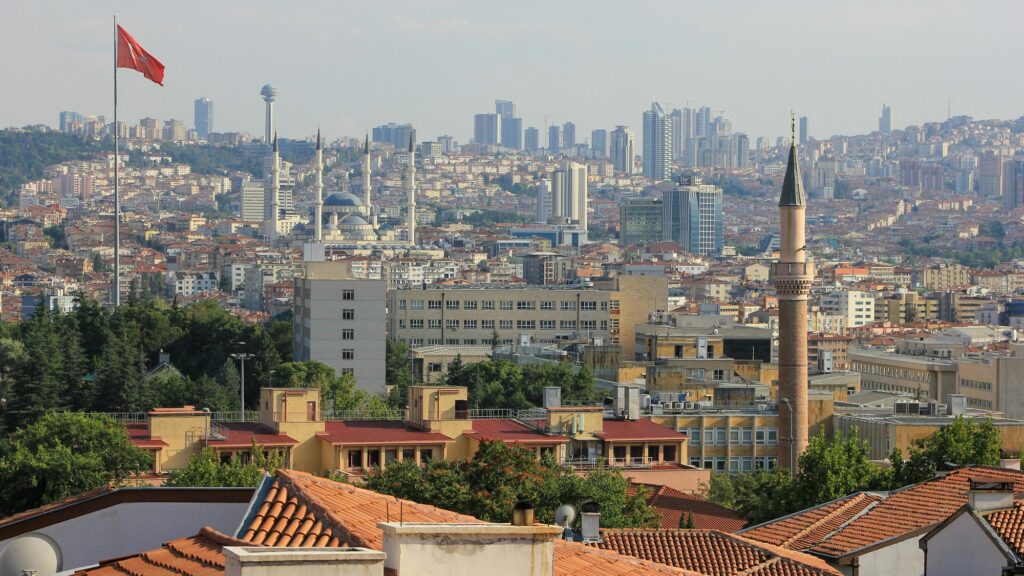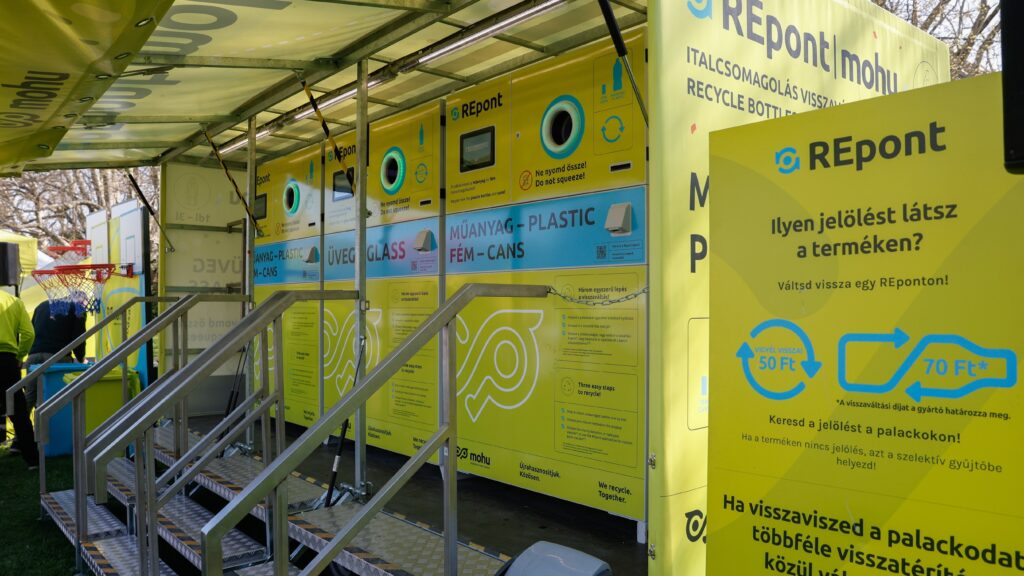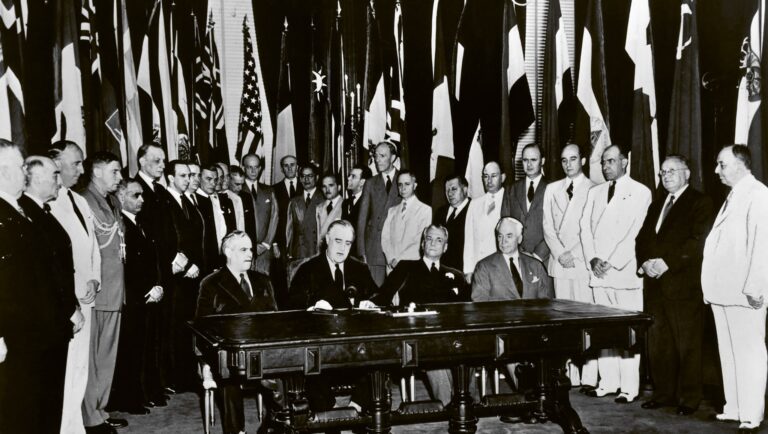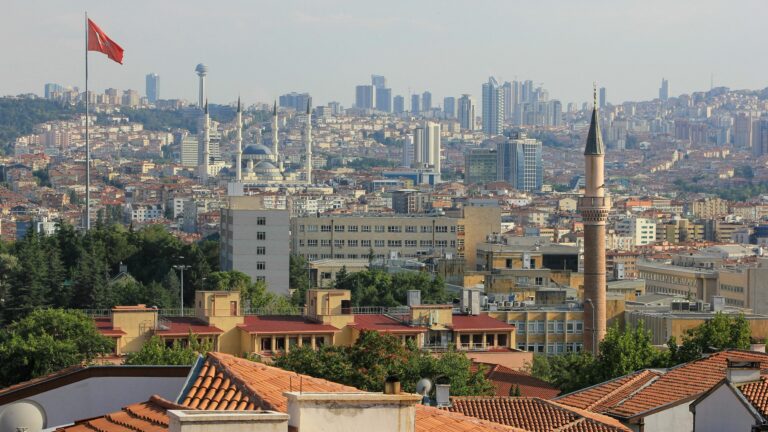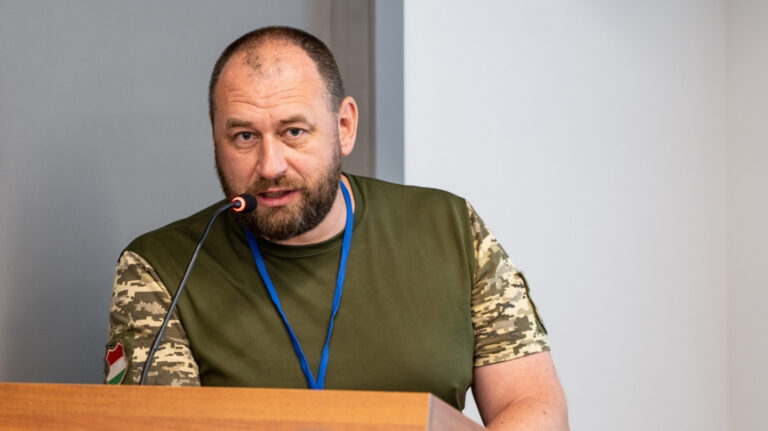Brussels is caught in a pro-war spiral, and in the European parliamentary elections, the decisive question will be who is for peace and who is for war, Prime Minister Viktor Orbán stated in an interview broadcast on public Kossuth radio on Friday. During the interview recorded at the Brussels Public Media Hub, the Prime Minister also spoke about Brussels being actually a captive of George Soros’ network.
Regarding the upcoming European parliamentary elections in June, Viktor Orbán noted that in terms of European political struggles, traditional categories have been used so far, such as right-wing, left-wing, globalist, or sovereigntist forces, but now a new dimension has opened up: the decisive question will not be about party affiliation, but about
who is for peace and who is for war.
It would be good if Hungary and other European countries could send as many peace-loving politicians as possible to the European Parliament, and as few pro-war ones as possible, Orbán declared. He added that it is worth discussing what kind of left–right cooperation will emerge afterwards, who will be stronger, but the most important thing is to stop ‘the war psychosis’.
Brussels is fighting its own war on the side of Ukraine against Russia, the Hungarian PM opined. ‘They are at war, and they speak as if it is them who have to defeat Russia,’ Orbán added. He reminded: initially, Western countries only wanted to send helmets to Ukraine, then deadly weapons, and then weapons causing the death of more and more people, such as tanks and planes, and now in Brussels they are talking about the need for Western European soldiers to be deployed in Ukraine. It has not yet been outlined exactly where, with what weapons, and for what purpose the soldiers should be stationed, but the preparation for this has begun, he said, adding that we must be careful not to be ‘sucked in’ by this psychosis and ‘lose our ability to navigate according to the correct Hungarian national interests’.
Jó reggelt, Magyarország! 2024.03.22.
Jó reggelt, Magyarország! 2024.03.22.
The Prime Minister warned that initially, the First World War was also a local conflict, but it gradually transformed, it expanded, just like the Russo–Ukrainian war which also started as a local affair, ‘somewhere there outside Donetsk,’ but now we are at a point where the conversation is about the military involvement of NATO countries.
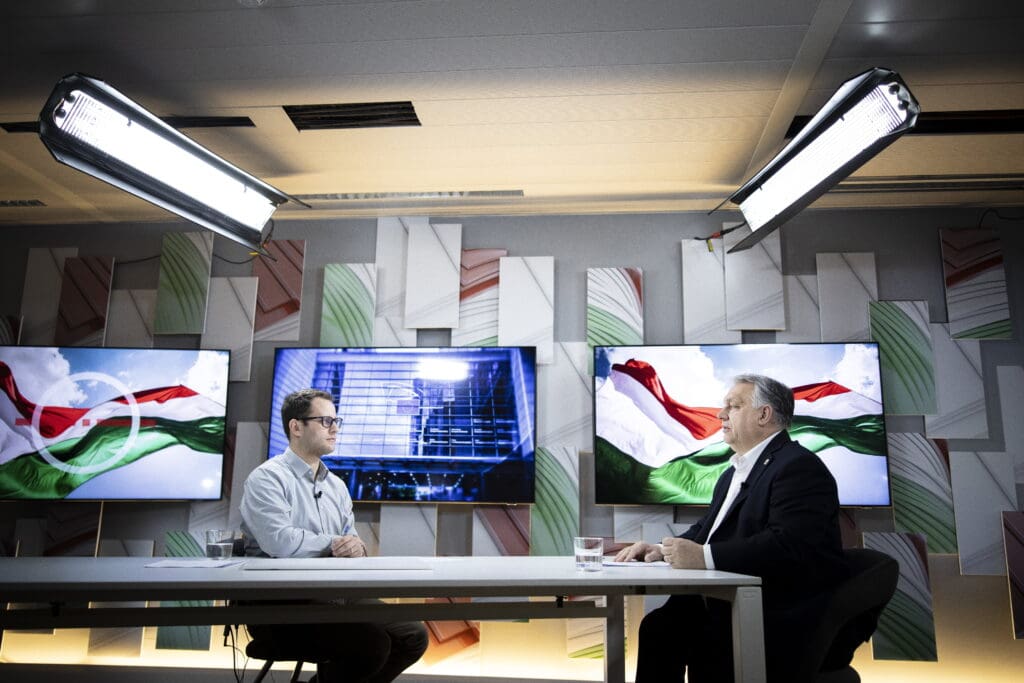
Viktor Orbán also opined that
Brussels is a captive of George Soros’ network.
He remarked that the Soros network has infiltrated European institutions to such an extent that European institutions are giving him money. People of the Soros empire not only have opinion-influencing positions but such strong bargaining positions that they can take out part of the money necessary for their own maintenance from the Brussels cash register: they are in the Commission, in the European Parliament, and ‘quite a few prime ministers are clearly supported by Soros’, he assessed. He underscored: it is also difficult to enforce the opinion of European people because Brussels is increasingly becoming a captive of the international activist network ‘built up with great effort over the past 30 years’ by George Soros.
Speaking about the issue of Ukrainian grain, Orbán stressed that Hungary supports not isolation, but trade, investment, and economic cooperation, yet it opposes the import of Ukrainian grain into Europe. He justified this by stating that the EU sets extremely bureaucratic and strict rules for European farmers, while such rules do not exist in Ukraine, giving them a huge competitive advantage. He reminded that Hungarian farmers have so far been able to sell most of their produce in Western Europe. There are six or seven countries in Europe that produce more food than they consume, and the Ukrainian grain constitutes a problem for these six or seven countries, including Hungary’s, the Prime Minister said. He suggested that Brussels considers Ukraine more important than European farmers, opining that it would be much more sensible if Ukrainian grain were not allowed in, or if the same lax rules were applied to European farmers as to the Ukrainians.
The Prime Minister was also asked about Fidesz’s plans for Budapest, now that Fidesz’s Budapest chapter proposed former deputy mayor of Budapest, government spokesperson Alexandra Szentkirályias the chief mayoral candidate. Viktor Orbán responded that the leadership of the capital city must be rid of the Gyurcsány-type people. He emphasized that those who ‘ruined the country’ before 2010 are all active in the Budapest municipality, and are pursuing the same politics as during their governance. He acknowledged that the mayoral election important, but stressed that the most important battle being fought today is in Brussels, and there is no more important issue for Budapest than for the Hungarian government to remain sovereign, and for people who work against the Hungarian people not to be elected to the European Parliament.
Read more:
Sources: Hungarian Conservative/Kossuth Radio

